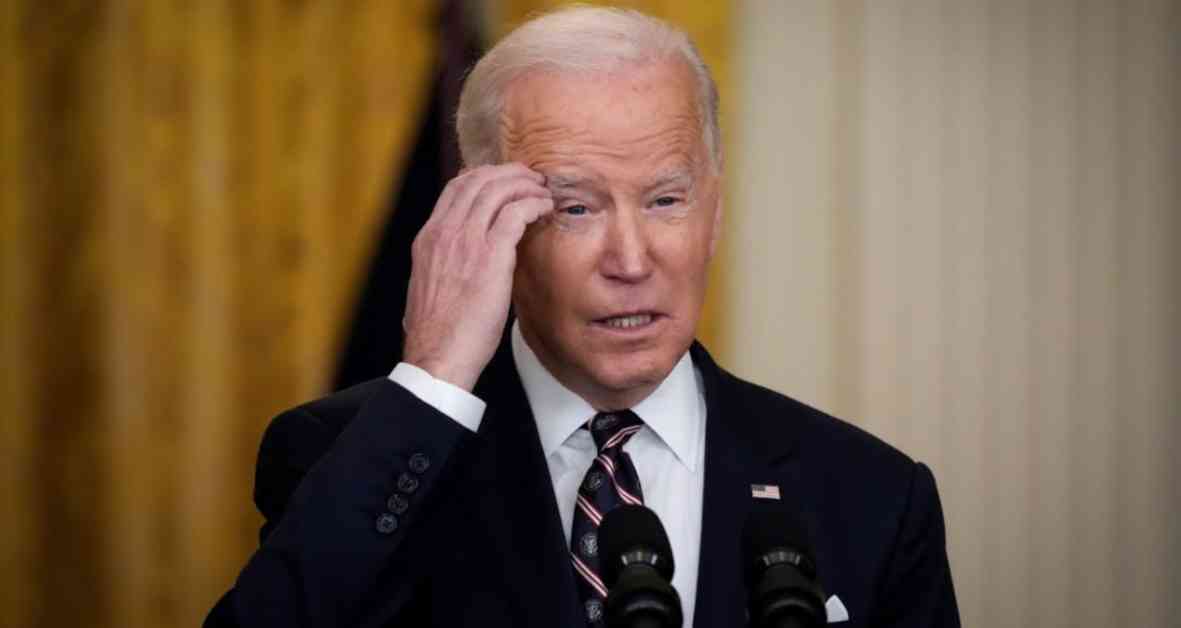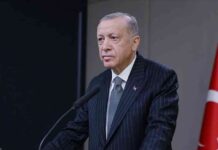Joe Biden Addresses Israel’s Decision-Making Process
During a surprise appearance at the White House press briefing room, President Joe Biden answered questions regarding Israel’s response to Iran. Biden revealed that the Israelis have not yet made a decision on how to retaliate against Iran, stating, “They have not decided what they will do in terms of attacking Iran, discussions are ongoing. If I were in their shoes, I would consider alternative options apart from oil fields.”
When asked whether Israel had interfered in the US elections by ignoring American suggestions, Biden responded by emphasizing the extensive support the US has provided to Israel, stating, “No administration has helped Israel more than I have. I believe Netanyahu should remember that. Is he trying to influence the elections? I do not know, but I do not expect that.”
Biden highlighted the importance of maintaining constant communication with Israeli counterparts, noting that a decision on a potential attack on Iran would not be made immediately. He emphasized the significance of the ceasefire proposal accepted at the United Nations Security Council, indicating broad support for the plan without offering a commentary on why it has not yet yielded results.
President Biden’s Stance on Israeli Self-Defense
President Biden reiterated Israel’s right to defend itself against threats in the region, emphasizing the need for the Israeli military to avoid targeting civilians in their attacks. He acknowledged that while Israel has the right to self-defense, restraint must be exercised to prevent harm to innocent civilians.
Regarding the upcoming presidential election, Biden expressed confidence in the fairness and integrity of the electoral process but expressed concern about the potential for unrest if certain individuals, particularly Republicans, refuse to accept the election results. He condemned the dangerous implications of questioning the legitimacy of the electoral outcome.
Iran’s Missile Attack on Israel
The Iranian Revolutionary Guards Corps reported a missile attack on Israel targeting the country’s “national security” on October 1st. The attack was purportedly in response to Israeli strikes that killed Hamas leader Ismail Haniyeh, Hezbollah leader Hasan Nasrallah, and Iranian Brigadier General Abbas Nilforoushan.
Iranian state television announced that approximately 200 missiles were launched at Israel, including the first-time use of hypersonic Fattah-1 missiles. Sirens blared across the country, notably in Tel Aviv, following the missile launches.
In a televised statement, Israeli Prime Minister Benjamin Netanyahu warned that Iran had made a “serious mistake” with the missile attack and would face consequences for their actions.
President Biden’s remarks shed light on the delicate balance between Israel’s right to self-defense and the need to avoid civilian casualties in response to threats. As tensions continue to escalate in the region, the international community closely monitors developments in the Middle East.
President Biden’s diplomatic approach underscores the importance of dialogue and communication in resolving conflicts, emphasizing the need for all parties to engage in constructive dialogue to achieve peaceful solutions.
As global leaders navigate complex geopolitical challenges, the world looks to President Biden for leadership in promoting peace, stability, and cooperation among nations. His commitment to diplomacy and dialogue serves as a beacon of hope in times of uncertainty and conflict.











